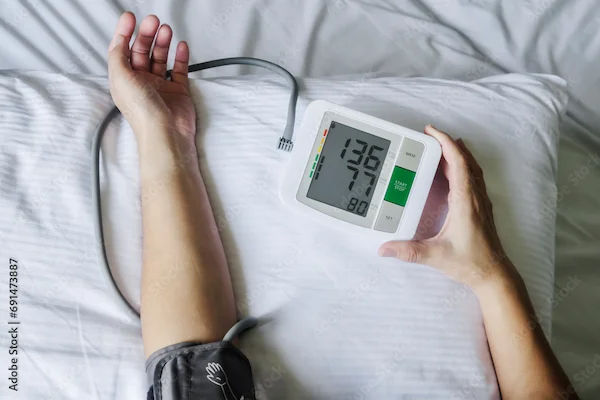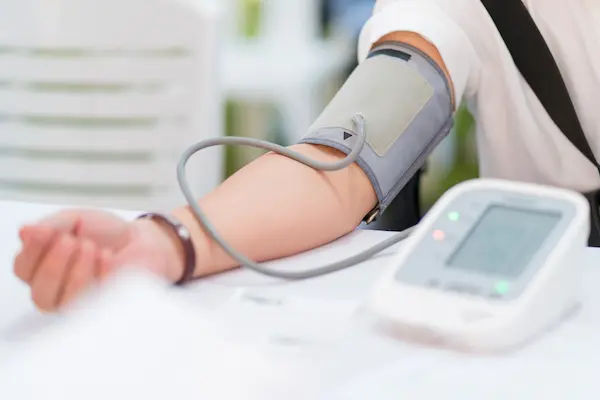- Female
- 25 Years
- 22/01/2025
I'm a 25-year-old female, and I'm pretty worried about my health right now. My weight is 73 kg, and my blood pressure reads 135 over 85. I've been feeling this shortness of breath, which got me to check things out with an ECG. The report mentioned I've got sinus tachycardia and an atrioventricular conduction block. I honestly don't know what all this means, and it's kind of freaking me out. How serious is this situation?
Answered by 1 Apollo Doctors
Sinus tachycardia and atrioventricular conduction block can be concerning, especially if you are experiencing symptoms like shortness of breath. It is important to follow up with a cardiologist for further evaluation and management. In the meantime, you can take Metoprolol (brand name: Lopressor) to help control your heart rate and blood pressure. Additionally, you may need a temporary pacemaker to manage the conduction block. Make sure to follow up with your doctor for a comprehensive treatment plan.
Dr. Anshul Suggests...
Consult a Cardiologist
Answered 04/07/2025
0
0

More Cardiology Health Queries
View allI've been having this stabbing chest pain for the past couple of days, especially when I laugh or cough. I've already tried taking Rantac and Gelusil, but it hasn't helped at all. It's making me feel really uneasy. Can you tell me what's going on or what I should do?
consult cardiologist
Answered by 1 Apollo Doctors
I'm a 33-year-old guy, weighing 70 kg and standing at 5'10". I've noticed that my diastolic blood pressure has been consistently between 90 to 100 for the past few months. Do you think I should start taking medication for this? I'm really not sure what the best course of action is and could use some guidance.
Hello, as your diastolic blood pressure has been consistently between 90 to 100 mmHg for several months, it is recommended to start medication to help lower your blood pressure and reduce the risk of complications. You can start taking Amlodipine 5mg once daily to help lower your diastolic blood pressure. It is important to monitor your blood pressure regularly and make lifestyle changes such as reducing salt intake, exercising regularly, and maintaining a healthy weight.
Answered by 1 Apollo Doctors
My mom's been having issues with high blood pressure, and just yesterday, she had a really bad attack. We've been giving her Eslo regularly, but lately, she's been complaining about her heart beating really fast all of a sudden. What should we do?
Your mother may be experiencing symptoms of palpitations, which can be concerning. I recommend consulting with her doctor to discuss this issue. In the meantime, you can consider adding a beta-blocker medication like Metoprolol (e.g. Lopressor) to help control her fast heart rate.
Answered by 1 Apollo Doctors
Disclaimer: Answers on Apollo 247 are not intended to replace your doctor advice. Always seek help of a professional doctor in case of an medical emergency or ailment.

_3.webp)



